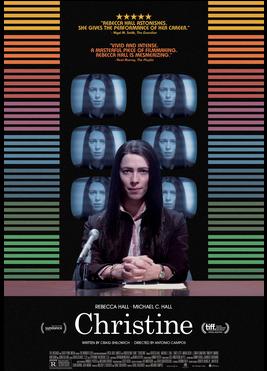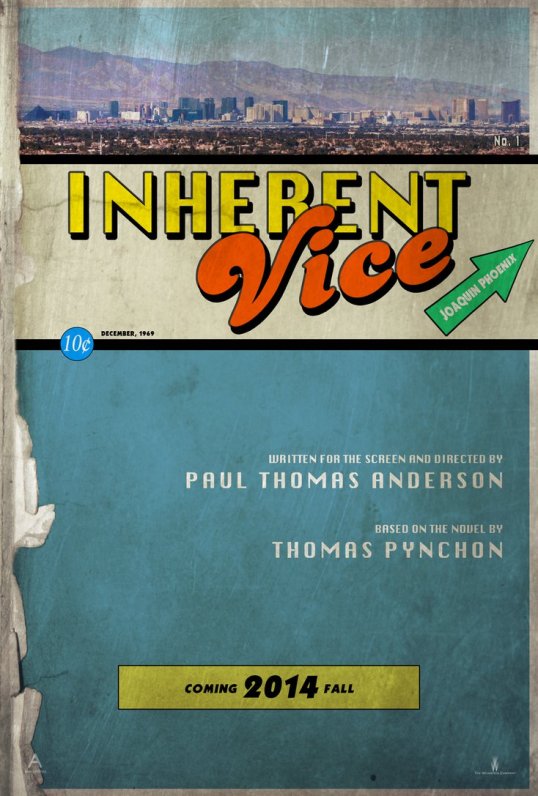It’s strange how things work out.
In 1980, something terrible occurred in the town of Wylie, Texas. Candy Montgomery, who was a Sunday School teacher and who had what seemed like the ideal life, killed Betty Gore. Betty was reportedly one of Candy’s closest friends but Candy still ended up striking her 41 times with an axe. After Candy was arrested, she revealed that she had cheated with Betty’s husband. She also said that she attacked Betty in self-defense. At her trial, she was ultimately found not guilty.
It was one of those small town scandals that the media tends to love and, 42 years after it all happened, it’s still spoken of down here in Texas. Every five years or so, there’s a big “where are they now?” article in the Dallas Morning News. Betty’s widowed husband married a woman that he started dating a few weeks after Betty’s death. Candy’s lawyer, Don Crowder, tried to launch a political career and, when that failed, got addicted to cocaine and ended up committing suicide. As for Candy, she divorced the husband who stood with her through the trial and apparently now lives, under a new name, in another town.
Still, despite the case’s continuing notoriety in Texas, I was recently a bit surprised to learn that there was not one but two Candy Montgomery miniseries in development. HBO has Love and Death, which stars Elizabeth Olsen as Candy. Love and Death is scheduled to come out later this year and it’ll probably suck because it’s written by David E. Kelley and this is exactly the type of story that’s going to bring out all of his worst instincts. Meanwhile, Hulu produced Candy, starring Jessica Biel as Candy and Melanie Lynesky as Betty Gore.
Candy aired, over five nights, last week and I have to say that Hulu did a good job of presenting the story. I’m usually a bit cynical about true crime miniseries (especially ones that are set in small town Texas in the late 70s) but Candy was actually really good. The first episode featured a somewhat frazzled but always smiling Candy as she tried to balance a day that included swim lessons, bible school, taking the kids to see The Empire Strikes Back, and, of course, killing her best friend. The final episode featured the courtroom drama, in which the ghost of Betty Gore could only watch as Candy Montgomery made herself the center of the tragedy. In between, Candy provided a portrait of small-town life, church gossip, a mid-life crisis, and a lot of shag carpeting and wood paneling. The miniseries balanced melodrama with satire but it also worked as a portrait of a group of people who all realized that their lives hadn’t turned out the way that they wanted them too. Both Candy and Betty are portrayed as being frustrated and dissatisfied with what the world has to offer them. The difference is that, while Betty wears her pain for all to see, Candy hides everything behind a quick smile and a superficially friendly manner. In the end, one gets the feeling that Candy was acquitted because no one wanted to believe that someone who seemed so perfect could do something so horrific.
Candy is also well-served by its cast. Melanie Lynesky is often heart-breaking as Betty Gore, while also still playing her with just enough anger that Candy’s story of being attacked is not easy to dismiss. Jessica Biel keeps you guessing as Candy, playing her as someone who you would probably want to be friends with, even though you can’t help but suspect that she would also probably gossip about you behind your back. Timothy Simons and Pablo Schrieber are well-cast as Candy and Betty’s clueless husbands. Simons especially deserves some credit for generating sympathy for a character who, as written, could have been portrayed as just being a caricature. And yes, Justin Timberlake does show up as the deputy who investigated the crime. While it does feel a bit like stunt casting, Timberlake is convincing once you get used to the 70s porn mustache.
Though it aired without the fanfare that greeted other Hulu miniseries like Dopesick, Pam & Tommy, and The Girl From Plainville, Candy is a compulsively watchable and, at times, even thought-provoking work of true crime. Without any of the slow spots that marred The Girl From Plainville or Dopesick‘s preachiness, Candy is definitely one that will benefit from being binged. Check it out the next time you have five hours to kill.



